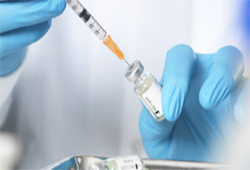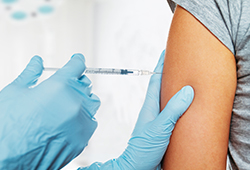As we close out another calendar year, we look back at the top legal developments of 2020 that could influence the market for biologics and biosimilars. While there were a number of case-specific decisions this past year that, undeniably, impacted the availability of biosimilars in the market, the five legal…







